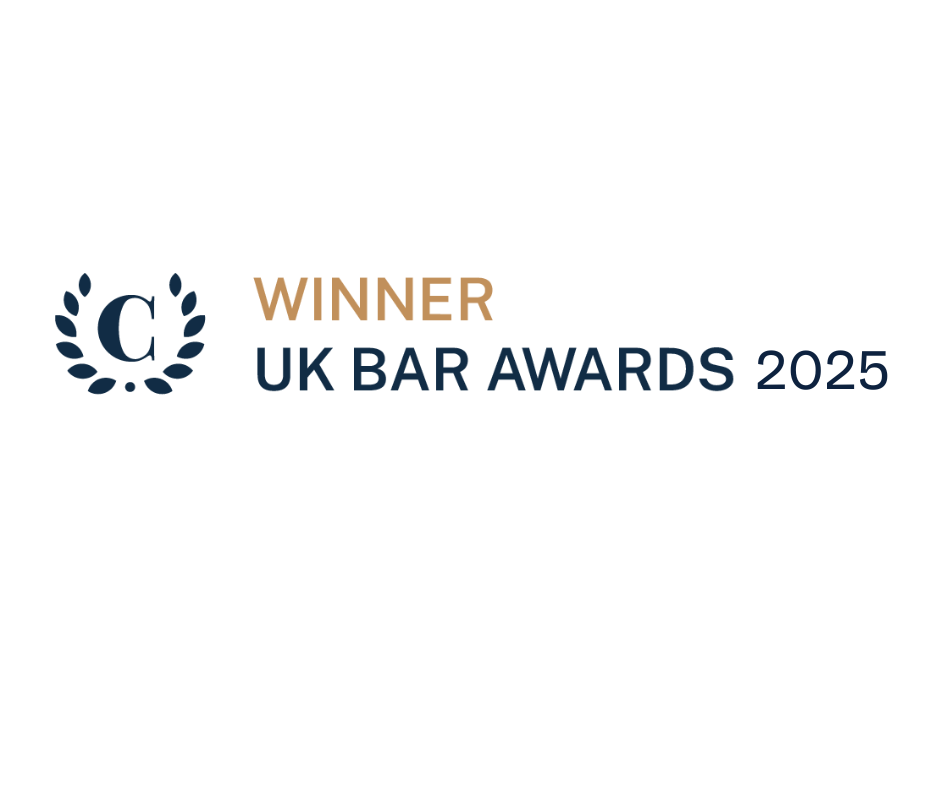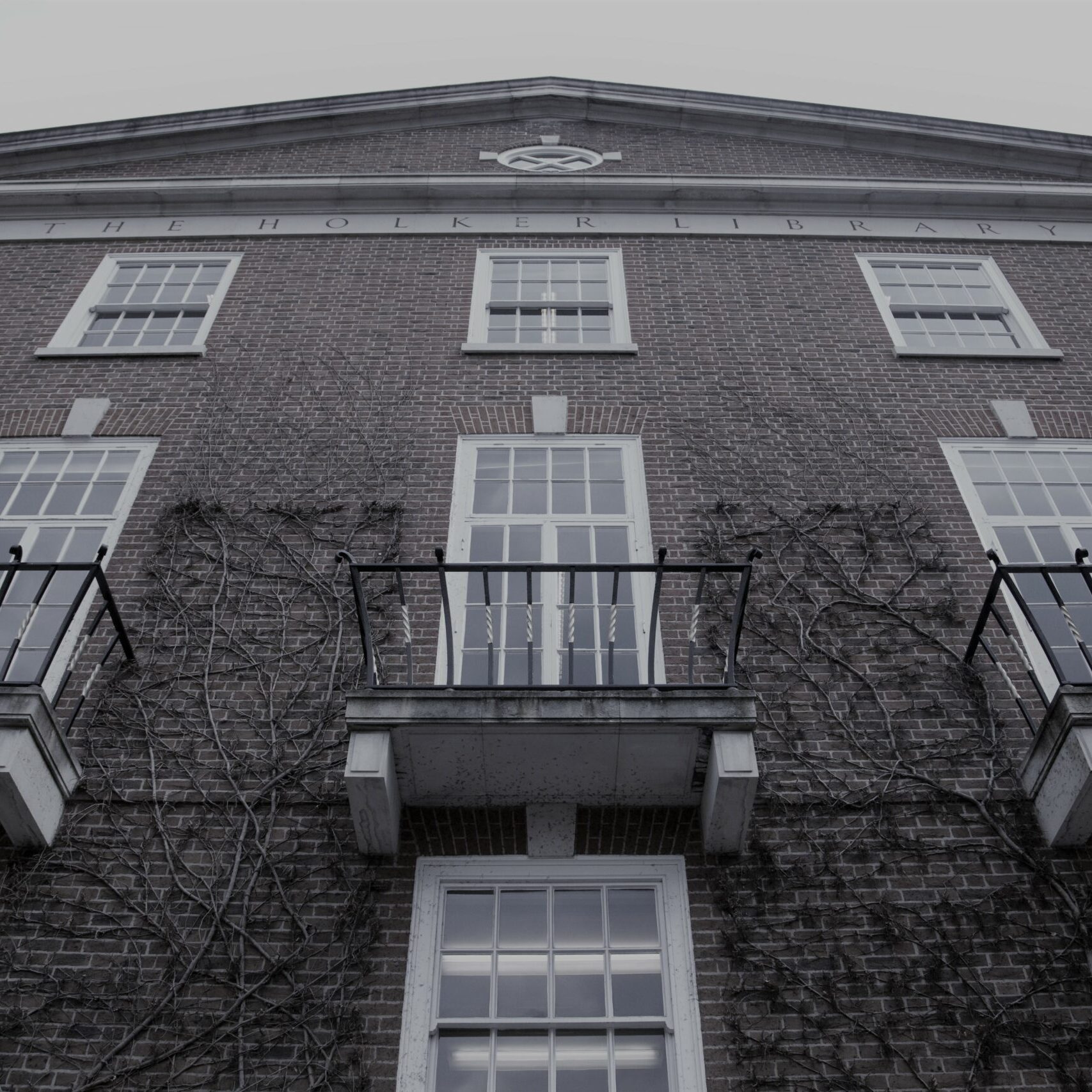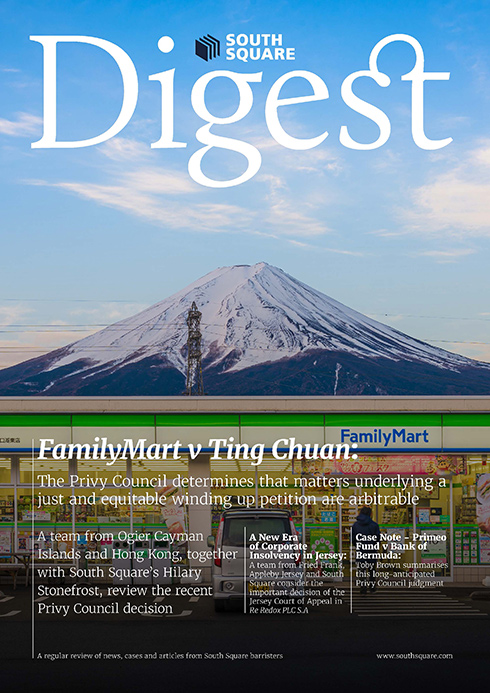
After a 3-day expedited trial, the High Court (Mr Justice Mann, sitting in retirement) has granted unprecedented declaratory and injunctive relief against a defendant—Mr Peter D Protopapas—who has purportedly been appointed as a receiver over Cape Intermediate Holdings Ltd (“CIHL”) by the state court of South Carolina in the United States (“the Receivership Order”). At the time of the appointment CIHL, which is an English holding company in the Cape group of companies, was not present in South Carolina, it had not submitted to the courts of South Carolina, and had no connections to South Carolina whatsoever. Despite this, Mr Protopapas has sought to act on behalf of CIHL in South Carolina, bringing proceedings ostensibly in the name of CIHL including against CIHL’s own parent and subsidiary companies (which are incorporated in England and France) (“the 3P Complaint”).
As part of the proceedings brought by Mr Protopapas in South Carolina, it is alleged that CIHL and other group companies should be viewed as one with a former American subsidiary of CIHL based variously on alter ego, veil-piercing, and/or business-enterprise doctrines. As the Court noted, however, these allegations are “flat contrary” to the factual findings that had been made by the High Court and the Court of Appeal in the landmark case of Adams v Cape [1990] Ch 433. Mr Protopapas had simply ignored those findings and indeed he advanced a polar opposite case. The Court held that the apparent failure to draw these findings to the attention of the South Carolina court was a matter of serious concern.
Mr Justice Mann accepted that the Receivership Order was not capable of being recognised or enforced in England and Wales. The Court went further and held that, even in circumstances where Mr Protopapas was not seeking recognition in England, it followed that the English Court should view non-recognition at a higher level with the consequence that Mr Protopapas’ acts should not be recognised for English law purposes. The Court therefore granted wide-ranging negative declarations confirming that the purported appointment under the Receivership Order had no legal effect either in England and Wales or worldwide.
The Court also granted injunctive relief restraining Mr Protopapas from acting or purporting to act as agent or otherwise on behalf of CIHL– and continuing to prosecute the 3P Complaint. After careful consideration, the Court concluded that this injunction should have effect worldwide and including in South Carolina. This involved considering questions of comity—by analogy with the case law on anti-suit injunctions and indeed acknowledging that the even more caution had to be exercised in a case where the defendant claimed to be acting on the direct authority of the South Carolina Court. Mr Justice Mann considered that this was an exceptional case where (referring to Hoffmann J in Barclays Bank v Homan [1992] BCC 757 and Lord Goff in Airbus Industrie GIR v Patel [1999] AC 119) considerations of comity had to give way to the protection of private international law and national interests.
This decision is an unprecedented application of the principles of private international law, the law of tort and agency, and the law of injunctions – in effect granting injunctive relief to the applicant to restrain proceedings being issued and pursued in its name and without its authority (as opposed to against it).
Mark Phillips KC, William Willson and Angus Groom of South Square appeared together with Derrick Dale KC (Fountain Court) and Professor Louise Merrett (Fountain Court).
The Claimants were instructed at trial by Signature Litigation LLP (by partners Paul Brehony and Josh Wong, with associates Claire Colonnese and George Bazinas).

![New Judgment: Re Argentex LLP [2025] EWHC 3125 (Ch)](https://southsquare.com/wp-content/uploads/2025/06/alejandro-pohlenz-gYbOFTwcJx4-unsplash-scaled.jpg)

![New Privy Council Judgment: Aquapoint LP (in Official Liquidation) v Xiaohu Fan [2025] UKPC 56](https://southsquare.com/wp-content/uploads/2025/05/tingey-injury-law-firm-yCdPU73kGSc-unsplash-scaled-e1748423842544.jpg)

![New Supreme Court judgment: Mitchell v Al Jaber [2025] UKSC 43](https://southsquare.com/wp-content/uploads/2023/07/AdobeStock_334844505-scaled-e1691401199932.jpeg)
![New judgment: Sentinel Broadcast (in administration) v Lloyds Bank [2025] EWHC 3036 (Comm)](https://southsquare.com/wp-content/uploads/2025/06/alejandro-pohlenz-gYbOFTwcJx4-unsplash-scaled.jpg)









